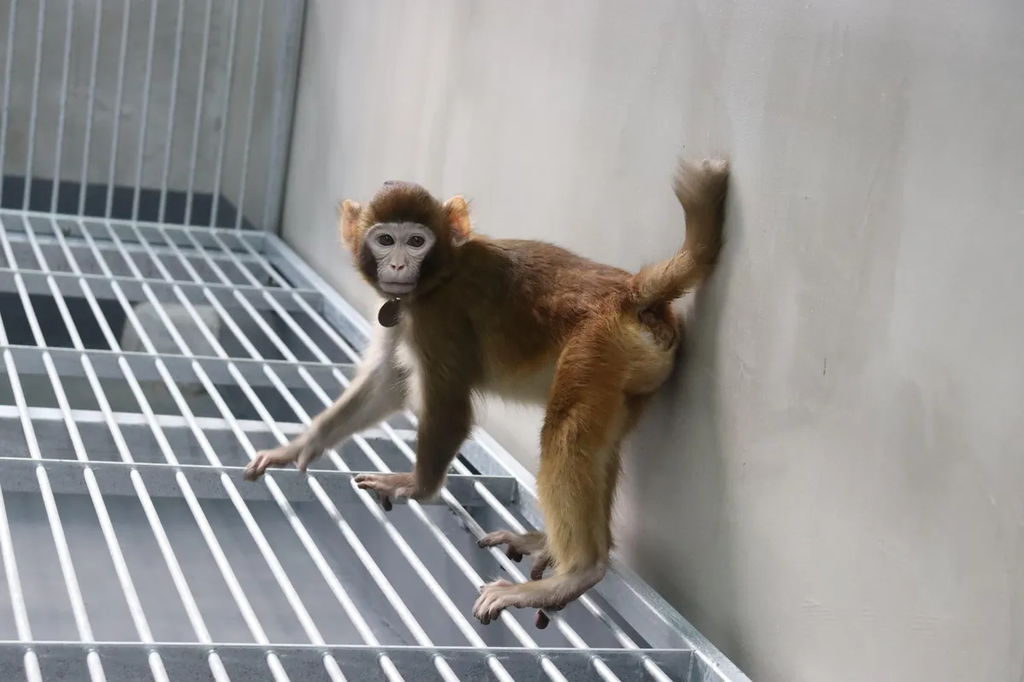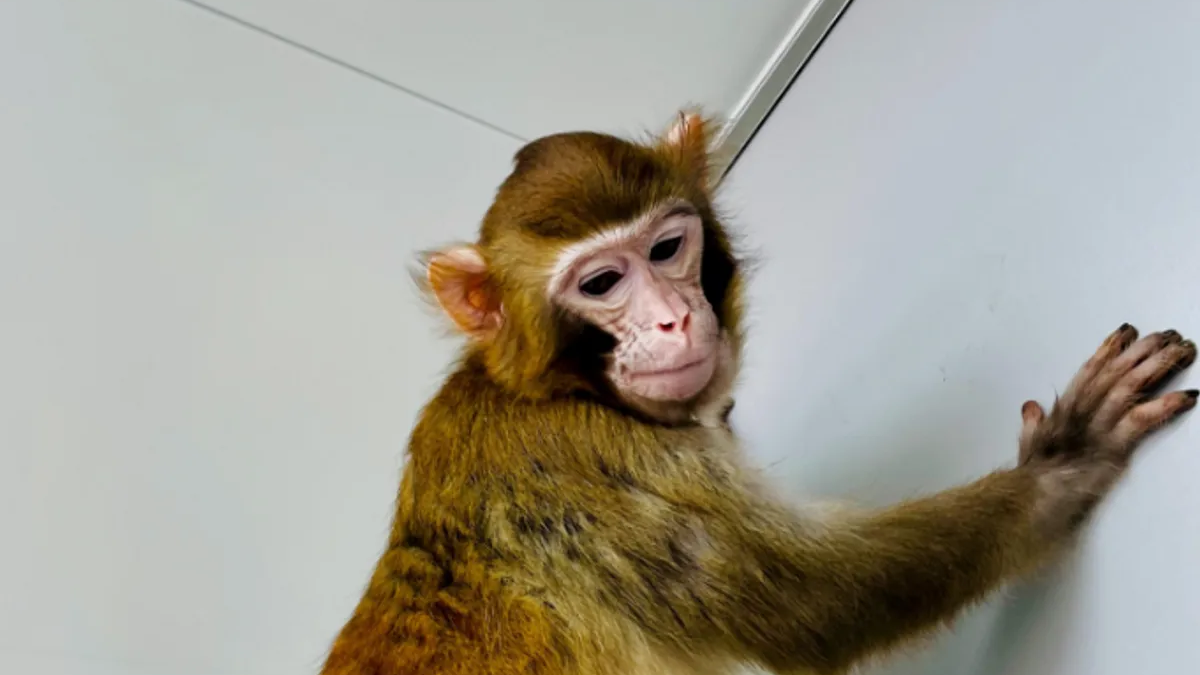This Tuesday (16) Chinese researchers published an article in Nature Communications The first cloned rhesus macaque that survives for two years has been revealed. Rhesus monkey (family The mulatta macaque) It was named ReTro, in honor of one of the technologies used to create it.
Scientists from the Chinese Academy of Sciences and the University of the Chinese Academy of Sciences were able to successfully clone using somatic cell nuclear transfer, the same technique used to clone the famous sheep Dolly.
It involves inserting the nucleus of a somatic cell (i.e. a cell that is not a sperm or egg) into an egg that has been stripped of its nucleus. The reconstructed cell can then be induced to undergo cell division and develop into a complete organism genetically identical to the nucleus of the donor somatic cell.
The cloning technique has been tried on rhesus monkeys before, but it ended in failure. A 2022 study claimed a cloned rhesus monkey was born with somatic cells and died less than 12 hours after birth.
The idea of this recent study is to better understand the mechanisms of primate reproductive cloning techniques and improve these processes.

The creation of ReTro helped notice abnormalities in the way genetic information could be read by the developing cloned fetus and its placenta.
Primate cloning
Previously, scientists were able to clone two monkeys of another species (cynomolgus), named Zhong Zhong and Hua Hua.
Many people wonder why there is no human cloning, but the truth is that this is still a very distant reality, and raises ethical questions.
source: Nature Communications

“Wannabe internet buff. Future teen idol. Hardcore zombie guru. Gamer. Avid creator. Entrepreneur. Bacon ninja.”

